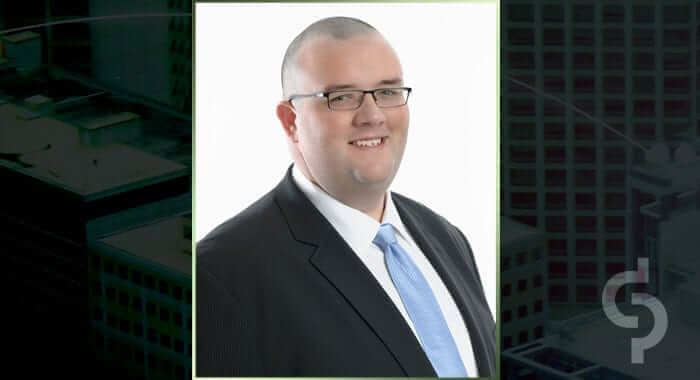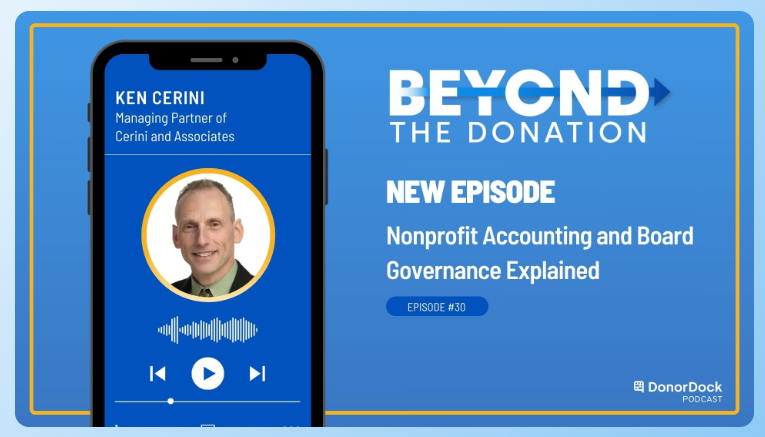In recent times, the Financial Crimes Enforcement Network (FinCEN) has sounded the alarm about an alarming rise in payroll tax evasion and workers’ compensation fraud within the residential and commercial real estate construction sectors in the United States. This concerning trend is prompting FinCEN to take proactive measures to combat these illicit activities and protect the integrity of the industry.
The Rise of Fraud in Construction
FinCEN’s Notice issued on August 15, 2023, sheds light on the intricate tactics used by fraudulent actors within the construction industry. The agency is drawing attention to the use of shell corporations and other devious strategies to perpetrate workers’ compensation fraud and evade payroll taxes. The scale of the problem is evident from the fact that state and federal tax authorities annually lose hundreds of millions of dollars due to these fraudulent schemes.
Unveiling the Tactics
The notice outlines a step-by-step process employed by those involved in the fraud. Construction contractors kick-start the scheme by writing checks payable to shell corporations, creating the illusion that these entities are engaged in legitimate construction projects. The shell company operators then deposit these checks, either at check cashing facilities or into shell company bank accounts. The next step involves the shell companies returning the cash to the contractors, minus a fee. This cash is intended to cover the costs of renting workers’ compensation insurance policies and conducting payroll-related transactions. Finally, the contractors utilize this cash to pay their workers, all the while sidestepping the withholding of proper payroll-related taxes and workers’ compensation premiums.
Red Flags and Detection
In an effort to assist financial institutions in identifying and preventing such fraudulent activities, FinCEN’s notice highlights several red flags to look out for. These indicators include:
- New Shell Companies: Small construction companies that are less than two years old, specializing in a single type of construction trade, and exhibiting minimal online presence.
- Unusual Beneficial Owners: Shell company owners with no prior experience in the construction industry, using non-U.S. passports for identification.
- High Volume Deposits: Frequent, substantial deposits from multiple construction contractors into a single company’s account.
- Small Amount Checks: Numerous checks for under $1,000 made payable to individual workers, which are subsequently converted into cash.
- Lack of Tax Payments: A conspicuous absence of tax- or payroll-related payments to tax authorities, despite significant deposits from clients.
Filing Suspicious Activity Reports (SARs)
The notice also reiterates the obligation of financial institutions to file Suspicious Activity Reports (SARs) whenever they come across transactions that raise suspicions of fraud or tax evasion. FinCEN provides comprehensive instructions for financial institutions to report such activities, facilitating a streamlined process for reporting and investigation.
The surge in payroll tax evasion and workers’ compensation fraud within the construction industry is a grave concern that demands immediate attention. FinCEN’s proactive approach, by issuing comprehensive guidance and red flags for financial institutions, is a step in the right direction to thwart these illegal activities. It is crucial for all stakeholders, including financial institutions, construction companies, and regulatory bodies, to collaborate and vigilantly combat this threat to the integrity of the industry and the broader economy.

Edward McWilliams, CPA
Partner
Ed is a Partner in the firm’s tax and business advisory practice focusing on providing services to middle market private companies across different industries as well as to early stage startups. Ed has over a decade of experience providing tax and business consulting services to these companies of different sizes and across different industries, bringing a broad and diverse knowledge base and strategic solutions to the many complex issues that businesses face.





